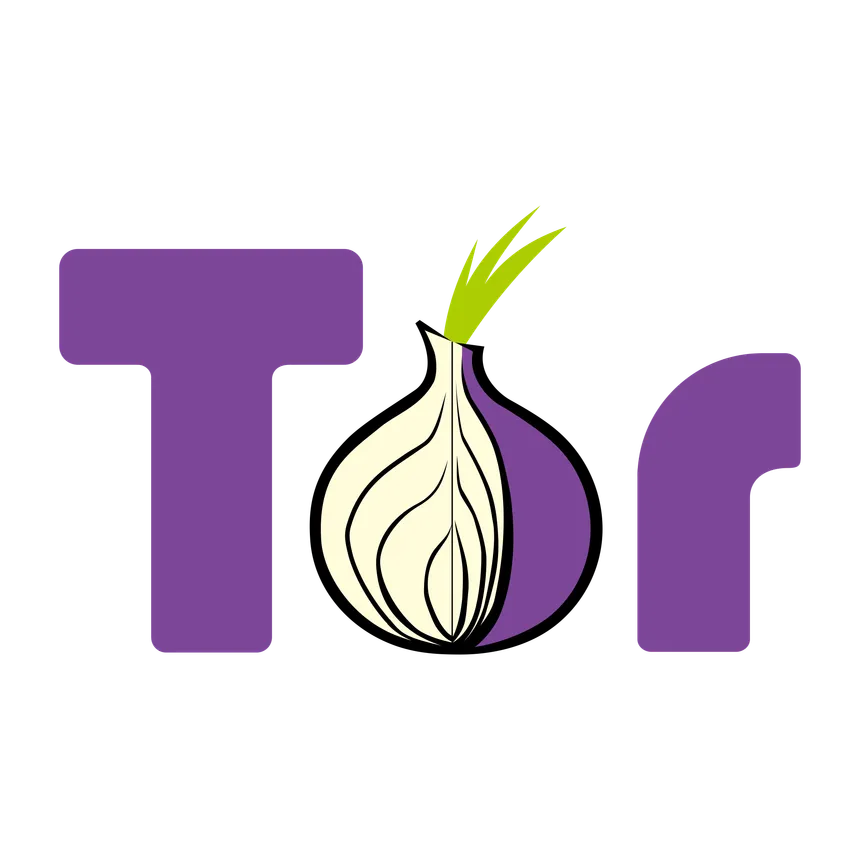The dark web is a hidden part of the internet that isn’t indexed by standard search engines. It serves as a hub for anonymous communication and, unfortunately, illegal activities. Cybercriminals often use the dark web to buy and sell stolen data, including personal identities, credit card information, and corporate credentials.
Understanding the Internet's Layers
To grasp what the Dark Web is, it’s essential to understand the different layers of the internet:
Surface Web: This is the part of the internet most people use daily, accessible via standard web browsers like Chrome, Firefox, or Safari. It includes websites like Google, YouTube, and Wikipedia, which are indexed by search engines.
Deep Web: Beneath the Surface Web lies the Deep Web. This portion of the internet consists of content not indexed by search engines, such as private databases, academic resources, and internal company networks. The Deep Web is much larger than the Surface Web but is primarily composed of harmless, everyday sites.
Dark Web: The Dark Web is a small, hidden section of the Deep Web. It consists of websites that require specific software or configurations to access, most commonly via the Tor network. Unlike the Deep Web, which is simply unindexed, the Dark Web is intentionally concealed and often associated with anonymity.
How the Dark Web Works

The Dark Web operates through a network called Tor (The Onion Router). Tor allows users to browse the web anonymously by routing their internet traffic through a series of volunteer-operated servers worldwide, effectively masking their IP addresses.
Websites on the Dark Web have unique URLs ending in “.onion” and are only accessible via the Tor browser. These sites can’t be found or visited using regular web browsers, adding an extra layer of obscurity.
What Can Be Found on the Dark Web?

The Dark Web hosts a variety of content, some of which is perfectly legal and some of which is not. Here’s a breakdown:
Legal Uses:
- Privacy-focused communication: Journalists, activists, and whistleblowers often use the Dark Web to communicate securely and anonymously, especially in countries with oppressive regimes.
- Anonymous browsing: Individuals seeking privacy or wishing to avoid online surveillance may use the Dark Web to browse without leaving a digital footprint.
Illegal Activities:
- Black markets: The Dark Web is infamous for its black markets, where illegal goods such as drugs, weapons, and stolen data are sold.
- Hacking services: Some websites offer hacking services, including attacks on websites or the sale of personal information.
- Fraud and counterfeit: Forged documents, counterfeit currency, and other fraudulent goods are commonly traded.
Is the Dark Web Dangerous?
The Dark Web itself is not inherently dangerous, but it can be risky due to the illegal activities it hosts. Many sites are scams, and there’s a high likelihood of encountering malicious software. Additionally, law enforcement agencies monitor the Dark Web to crack down on illegal activities, leading to potential legal repercussions for those engaging in illicit activities.
Why Does the Dark Web Exist?
The Dark Web exists primarily to provide privacy and anonymity. While it’s true that this can facilitate illegal activities, it also serves legitimate purposes, such as protecting free speech and providing a safe haven for individuals in repressive regions. The dual nature of the Dark Web — as a tool for both good and bad — highlights the complex relationship between privacy, security, and legality in the digital age.
To conclude
The Dark Web is a hidden layer of the internet that provides both opportunities and challenges. While it offers a refuge for those needing privacy and anonymity, it also harbors illegal activities that make it a potentially dangerous space. Understanding what the Dark Web is and how it functions can help you navigate its complexities — or avoid it altogether, depending on your needs.
In any case, approaching the Dark Web with caution and awareness is essential, as it represents both the shadows and the sanctuary of the digital world.
Find out how Roftwares Dark Web Monitoring Solution can help here!









